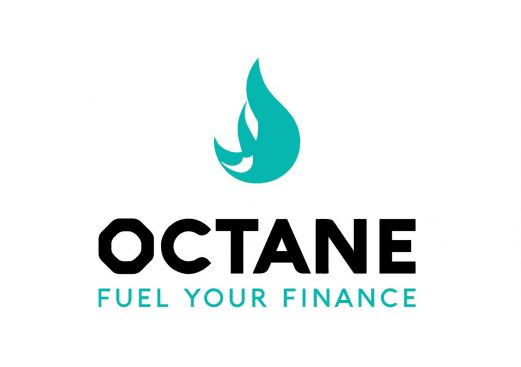An employee may seek to later retract a formal grievance they have raised. This could be because the issue has been resolved via informal means or upon reflection the employee may feel they raised the grievance in the heat of the moment.
As an employer, when an employee wishes to withdraw the grievance, it is best practice not to just take their word for it. Request that they complete a retraction of grievance form. This will then ensure you have written evidence of the employees retraction.
The purpose of the document is to state the employee wishes to withdraw the grievance at their discretion and is their own personal choice. However the document should also state the employer can still pursue the matter where it is deemed necessary. If there is a case where you as an employer still wish to pursue the matter, the employee can still be required to assist with the investigation.
The document should also state the full reason why for why the employee is retracting the grievance. If the employee has only provided a vague answer, you may wish to consider if the withdrawal is due to duress or pressure from colleagues.

Octane Finance is the broker of choice for new and used car dealers nationwide. With our uncompromising service levels and our genuine and professional approach, you and your customers can trust us to deliver.








